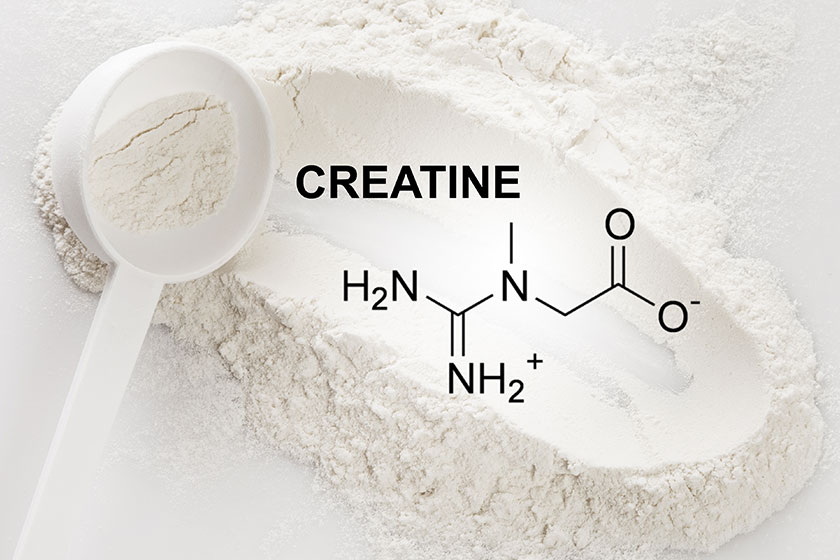As we age, the quest to maintain strength and vitality becomes a key concern. This has led to a growing interest in supplements and their potential benefits for health, one of which is creatine. Largely known for its popularity in the fitness community, the question arises: Is creatine good for seniors? This compound has been linked to enhanced muscle mass and cognitive function, elements critically pertinent as we advance in years.
Our community embraces senior living with a progressive approach. We recognize that the well-being of our residents extends beyond social activities and comfortable accommodations—it’s also about how dietary choices and supplements like creatine can nourish the body. As a supplement, creatine is more than a fitness enhancer. We seek a comprehensive understanding of its effects, particularly for older adults aiming to optimize their physical and mental well-being.
Creatine’s Impact on Muscle Mass and Function
Research has shown that creatine supplementation can be a game-changer for older adults in terms of preserving muscle mass and enhancing physical function. It aids in increasing the body’s phosphocreatine reserves, supplying muscles with more energy during high-intensity activities. This can significantly impact an older adult’s capacity to perform daily tasks, reduce fatigue, and maintain independence.
Moreover, creatine has been linked to improved strength and muscle endurance. For older adults, this means not just sustaining muscle mass but often experiencing a regain of lost strength. This bolstering of muscular health goes a long way in preventing falls—a common and serious concern among the elderly.
Creatine’s Role in Cognitive Health for Older Adults
Beyond physical benefits, creatine exhibits promise in supporting cognitive health. Aging is commonly associated with a decline in memory and processing speed, where creatine might play a protective role. Studies suggest that creatine supplementation could enhance brain function, improving memory, recall, and executive function among older adults.
This neurological boost is thought to stem from creatine’s energy-enhancing properties, offering brain cells more fuel to work efficiently. Such cognitive enhancements are crucial for maintaining the quality of life, independence, and the ability to keep engaging in learning and social activities as one ages.
Possible Kidney Health Implications of Creatine Use
However, the conversation around creatine isn’t without concerns, particularly regarding kidney health. The worry stems from creatine’s metabolite, creatinine, which kidneys filter out of the blood. High doses of creatine could potentially overburden the kidneys, leading to adverse effects.
It’s noteworthy, though, that scientific reviews have largely found creatine supplementation safe for use in healthy individuals. However since older adults often face a higher risk of kidney issues, this concern merits attention and caution.
Consulting Healthcare Providers for Personalized Medical Advice
Given the above, it’s critical for older adults to consult healthcare providers before starting creatine or any supplement. A medical professional can offer personalized advice based on one’s health history, current conditions, and medication regimen. This step ensures that adding creatine to their routine is safe and likely to provide the desired benefits without unintended health risks.
The exploration into whether creatine is suitable for older adults uncovers a spectrum of promising benefits, particularly concerning muscle and cognitive health. Yet, it also raises valid concerns regarding kidney health, underscoring the importance of medical guidance. As research evolves, creatine may well become a common recommendation to support aging gracefully, provided it aligns with an individual’s overall health strategy.
A Community Committed to Wellness
Our community isn’t just a place; it’s a thriving hub of wellness. Each aspect of our senior living services is tailored to affirm life, encourage movement, and uplift spirits. If creatine is to be a companion in our residents’ journeys, it must pass our rigorous standards for safety, efficacy, and compatibility with the lives they lead within our walls.







